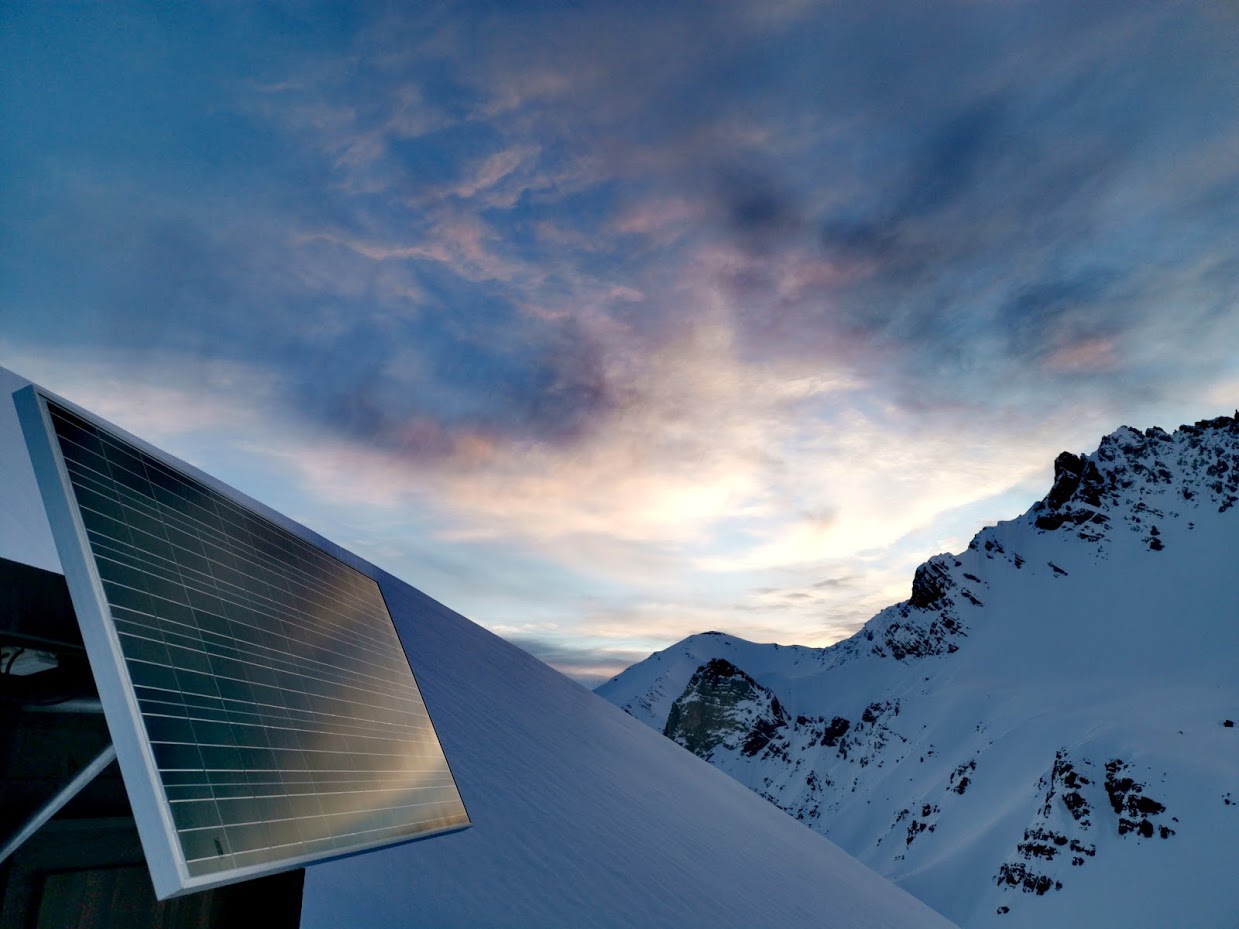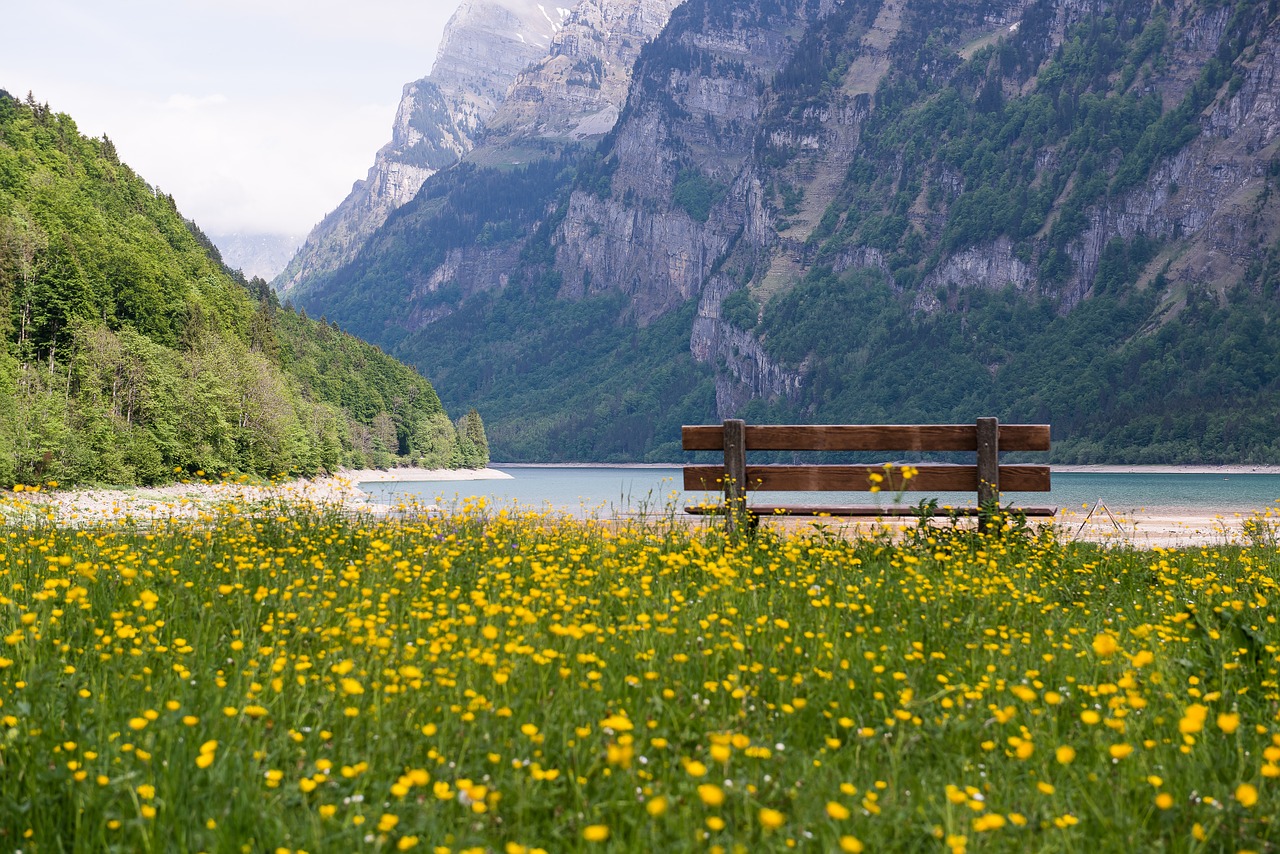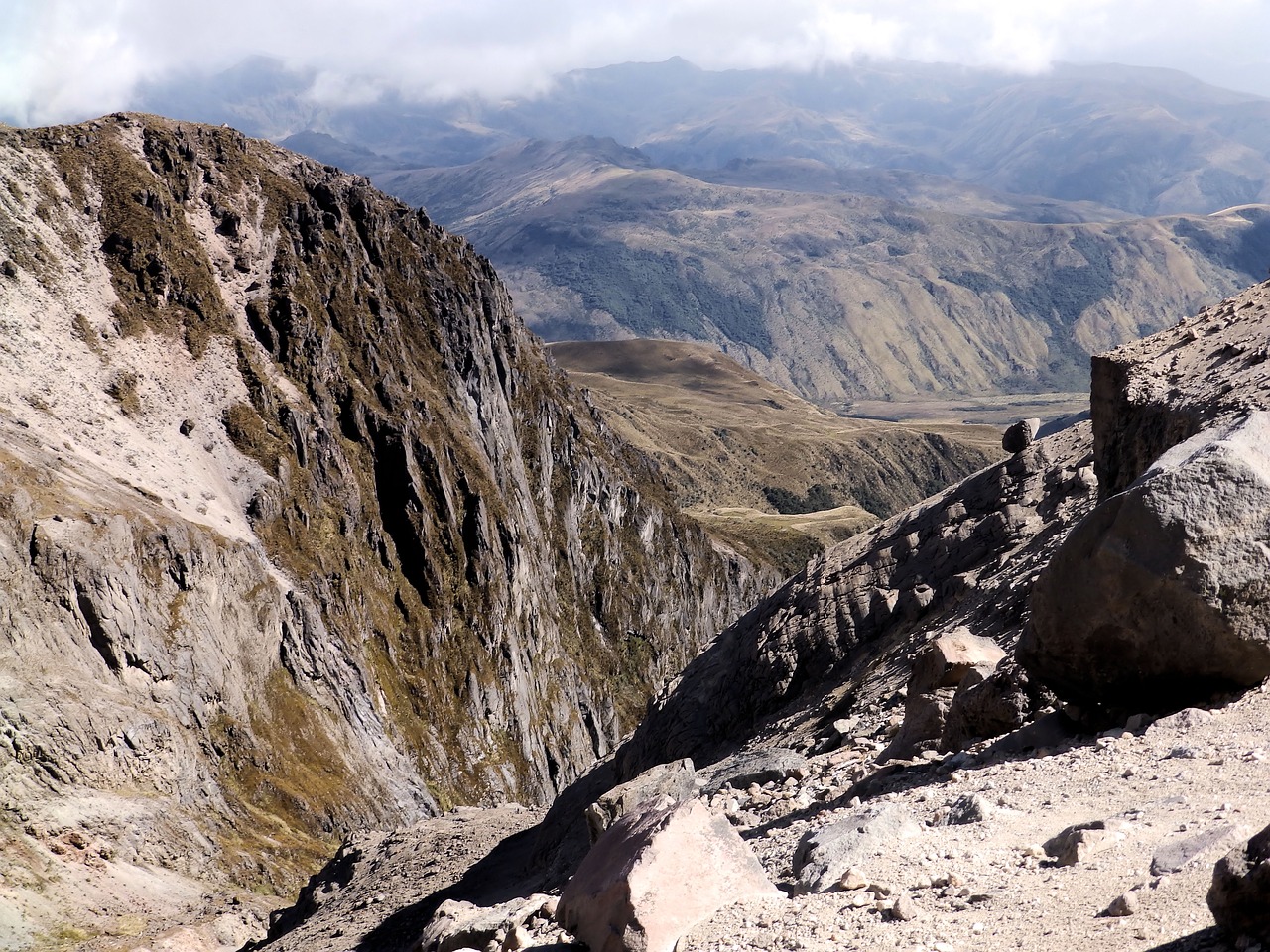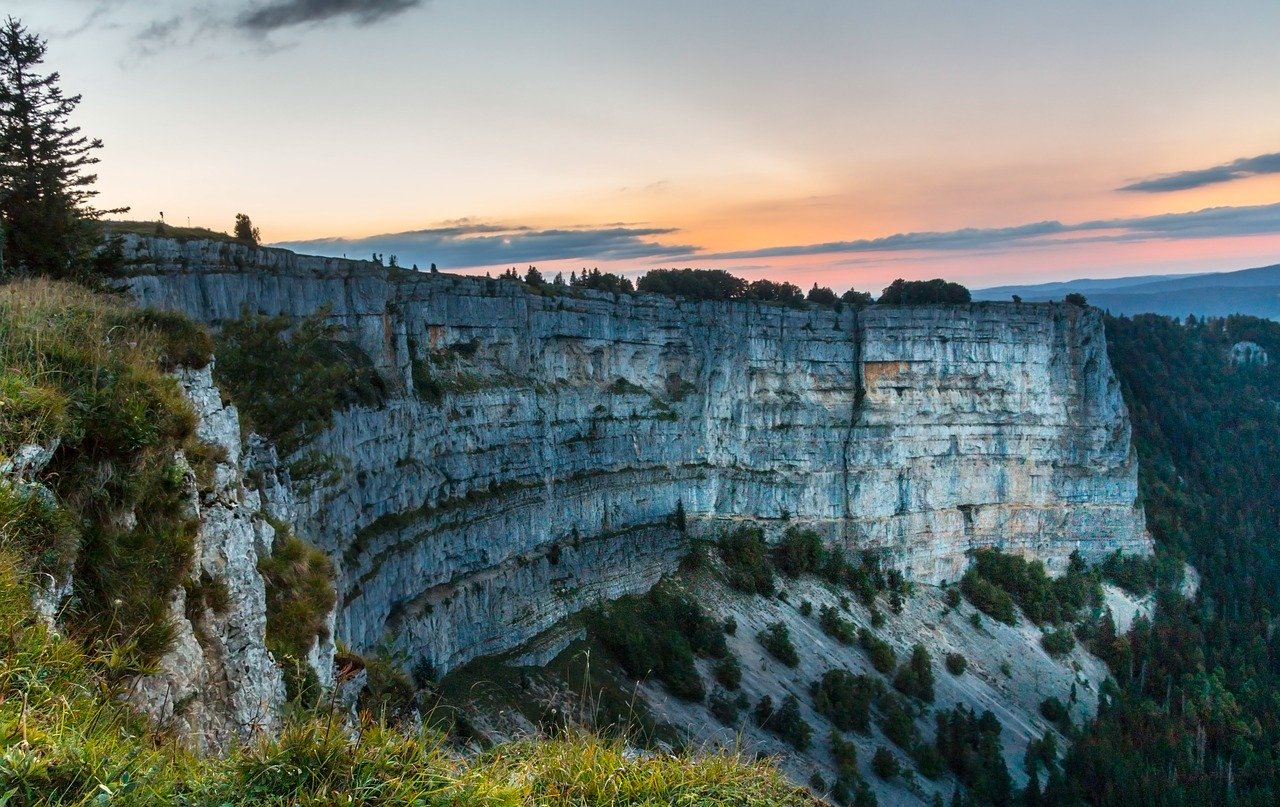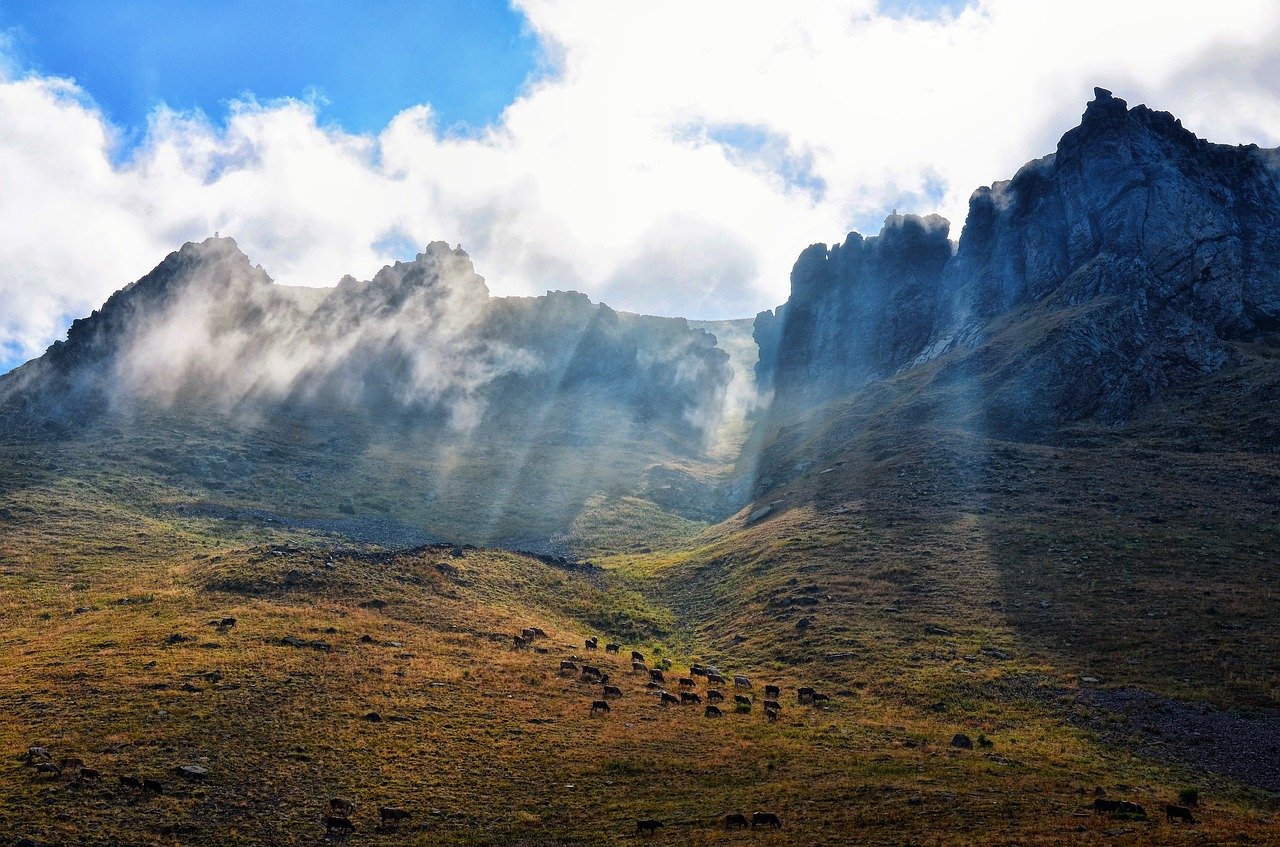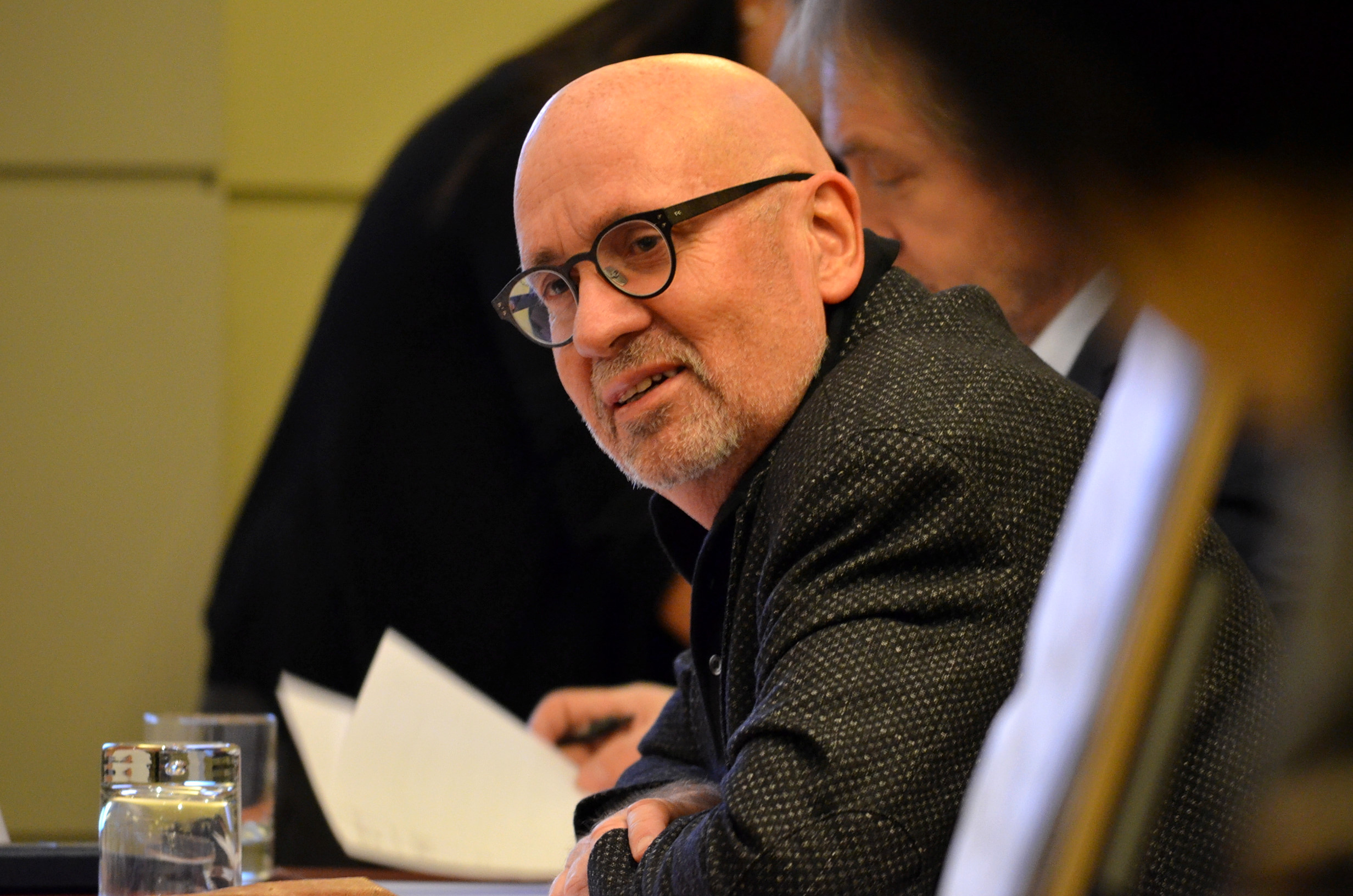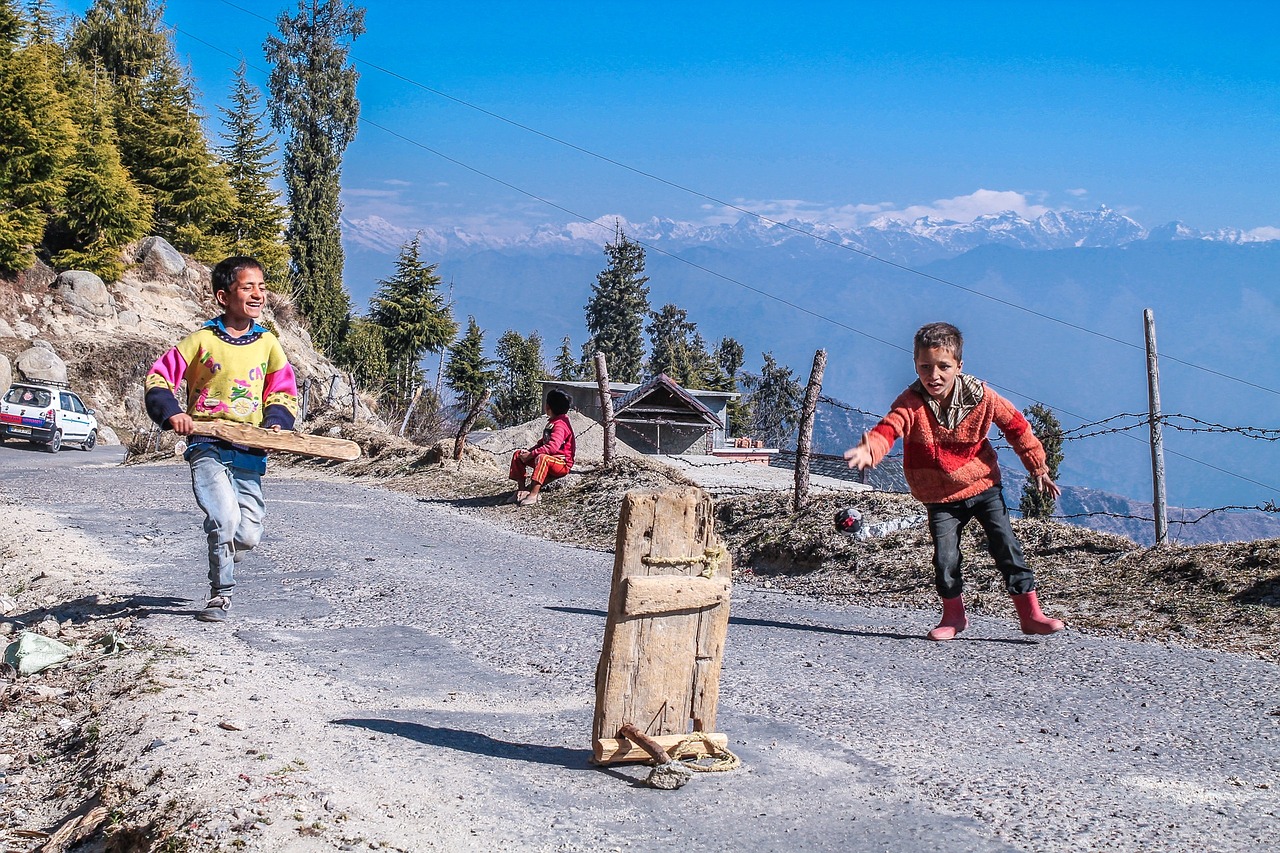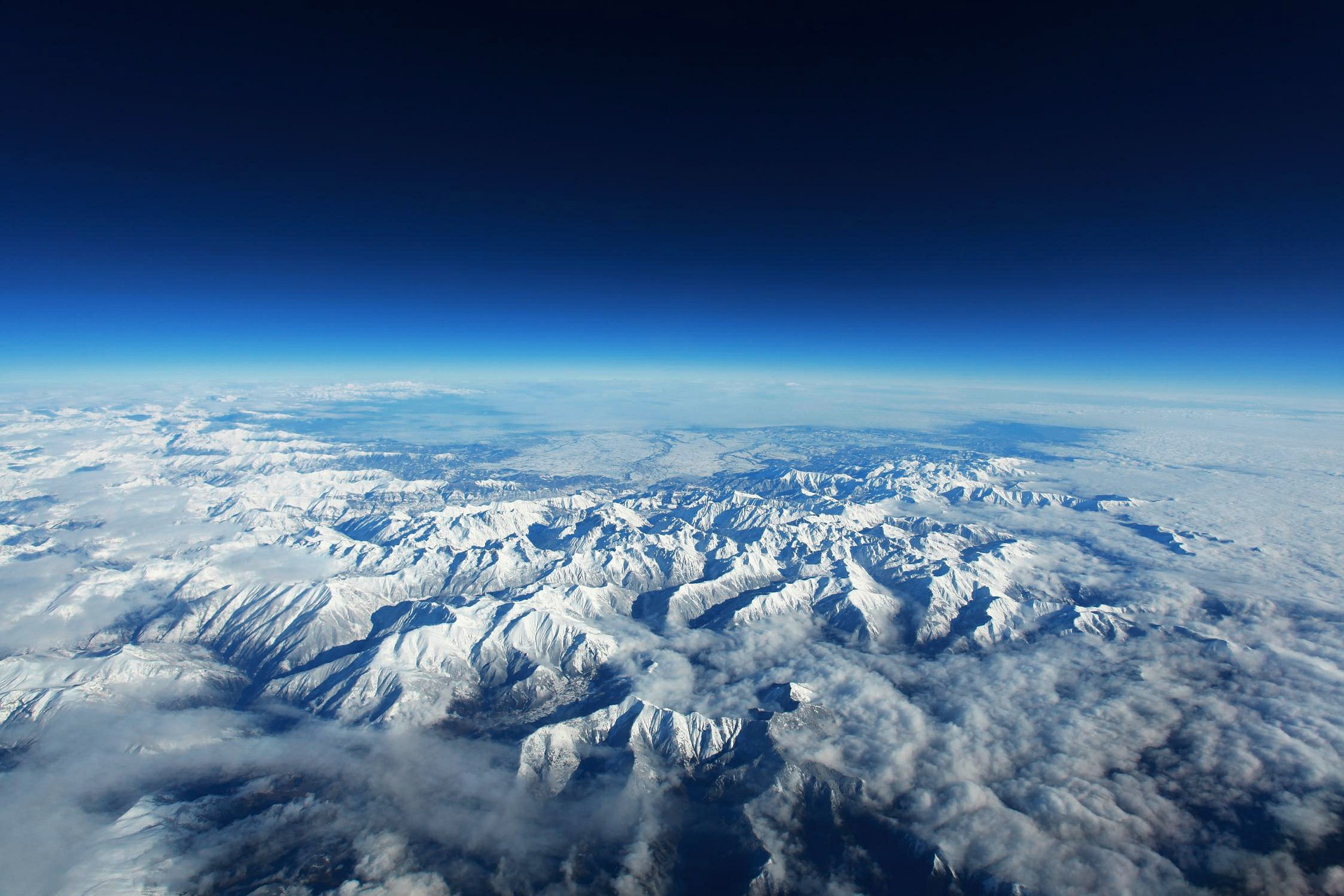MRI News
- Details
- Category: MRI News
The newly-formed Mountain Resilience Working Group originated following an MRI-funded synthesis workshop titled ’Towards a Mountain Resilience Report: Regenerating Mountain Systems by Systemic Innovation’ last September 2019, whose aim was to design and develop a ‘Mountain Resilience Report’ (MRR) for mountain regions.
- Details
- Category: MRI News
To kick off their term, the newly appointed 2020-2021 SLC members will get together with the MRI Board and Coordination Office near Geneva on March 4 – 6 where they will discuss the direction of MRI’s current and future activities. Input from you, the MRI community, will help shape this meeting as well as the future opportunities and endeavors of both our network and the mountain research community as a whole.
- Details
- Category: MRI News
On 11 December 2019, the ‘network-of-networks’ in the Latin American region Conéctate-A+ - the Cluster of Cooperation (CLOC) in the Tropical Andes-Central America region (Andes+) - held its second meeting to put forward a roadmap for collaboration, as well as coordinate a plan to implement key activities and milestones to be reached in 2020, including a call for grant proposals in early February.
- Details
- Category: MRI News
In November 2019, MRI joined forces with Interdisciplinary Center for Mountain Research (CIRM) and Forum Landscape, Alps, Parks (FoLAP) to invite researchers to discuss transformative research and education on mountains at the 17th Swiss Geoscience Meeting. The symposium 20. 'Taking Stock of Transformative Research & Education on Mountains. What Future Avenues?' was convened by Iago Otero & Emmanuel Reynard (CIRM and Uni Lausanne), Carolina Adler (MRI) and Jörg Balsiger (MRI and FoLAP).
- Details
- Category: MRI News
MRI’s Science Leadership Council (SLC) is composed of renowned key contributors to research on mountain regions and whose collaboration and expertise are essential for shaping MRI’s strategy and driving forward its vision. With the guidance from and engagement with the MRI Chair Jörg Balsiger, MRI Co-PIs, and the Executive Director, the MRI SLC members for 2020-2021 have been selected and appointed.
- Details
- Category: MRI News
After almost 15 years as MRI Chair, Professor Rolf Weingartner is taking a step back to concentrate on other projects. Looking back at his time at the helm, Weingartner talks us through the evolution of the MRI over the years, its key achievements, and where he hopes the MRI will head in future.
What made you want to get involved with the MRI?
Since the start of my career, one of my focal points has been on Swiss hydrology – and as soon as you combine hydrology and Switzerland it is obvious that mountains become involved. They are the water towers of Switzerland, and indeed of Europe! And mountains and mountain hydrology have become increasingly important over the years because of climate change and its impact on the cryosphere; mountains are strongly affected, with their retreating glaciers, melting permafrost, changing snow cover, and so on. So this combination felt like a natural fit for the MRI.
Mountain Research and Development: Adaptation to Climate Change and Sustainable Mountain Development
- Details
- Category: MRI News
Guest-edited by MRI Executive Director Carolina Adler, this issue of the journal Mountain Research and Development contributes to the literature being assessed for the IPCC’s Sixth Assessment Report – and particularly its cross-chapter paper on mountains.
When the Intergovernmental Panel on Climate Change (IPCC) Working Group II contribution to the Sixth Assessment Report (AR6, due in 2021) was being scoped, a number of stakeholders with a mountain focus from research, government, policy, and development communities highlighted the importance of mountains in global assessments such as those conducted by the IPCC. This ultimately led to the approval of a cross-chapter paper on mountains. The articles in this issue of Mountain Research and Development (MRD) contribute to the body of literature that is being assessed by the IPCC in AR6, integrating mountain contexts and issues into the climate change adaptation debate.
- Details
- Category: MRI News
This year, the famous AGU Fall Meeting returned to San Francisco for the AGU’s Centennial Celebrations, gathering nearly 30,000 geoscientists – among them a great number of mountain-oriented researchers. During the AGU week, the MRI organized scientific sessions and a side-event workshop that offered mountain researchers a chance to connect and engage in discussion on mountain climate research.
Mountain Weather and Climate in a Warmer World
The scientific sessions on ‘Mountain Weather and Climate in a Warmer World’ presented research seeking to better understand weather and climate processes and patterns of climate change in mountains, as well as their implications for high-elevations and regions downstream, using in situ observations, remote sensing, and modelling approaches.




